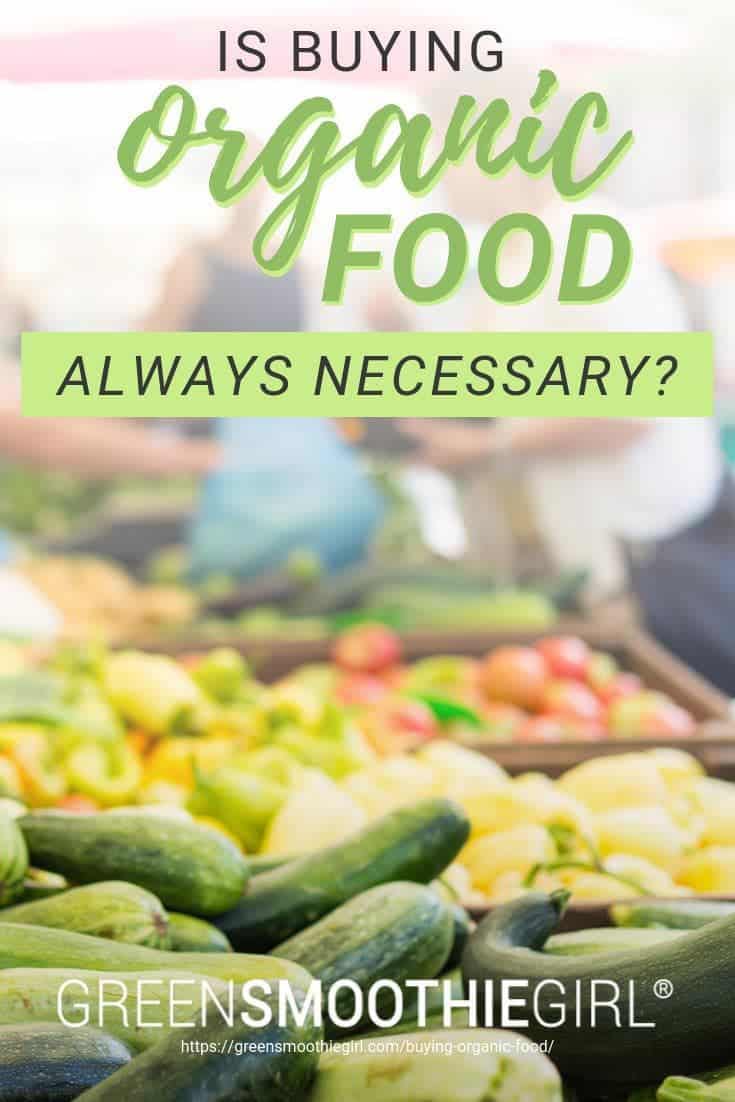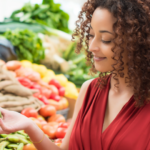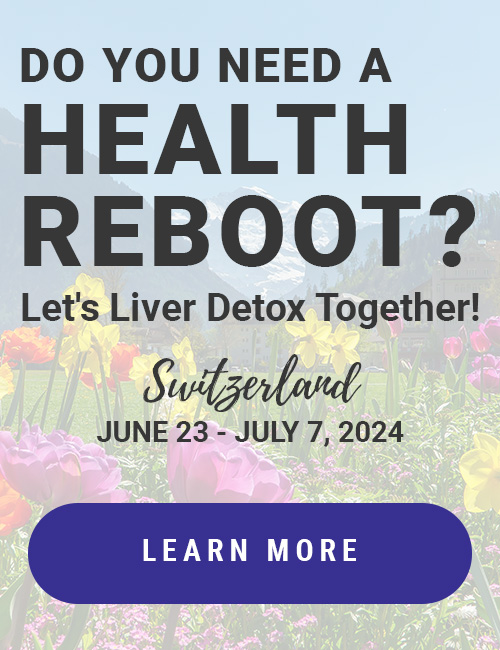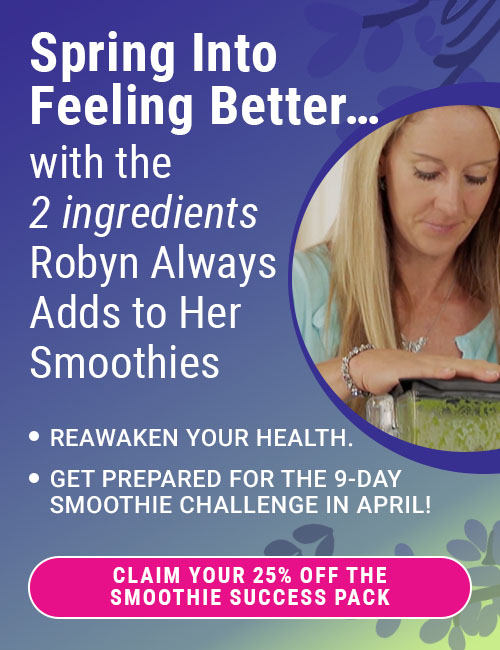Is Buying Organic Food Always Necessary?
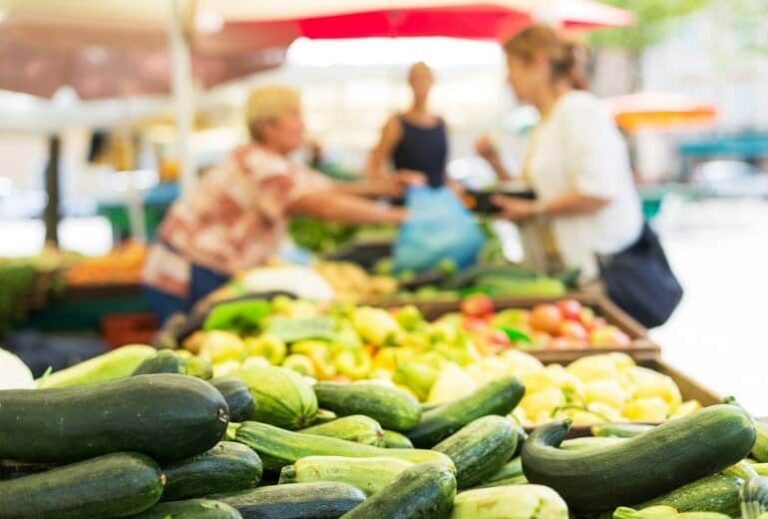
Think buying organic food is going to blow your budget?
Let’s set aside the argument that eating whole food pays back in higher energy and lowered disease risk and healthcare costs.
You’ve got a budget, and let’s face it, buying organic food will chip away at it more quickly than conventional food. Did you know you can prioritize which foods are MOST important to buy organic, and which are LEAST important?
In this article:
- The “Dirty Dozen” And Other Foods To ALWAYS Buy Organic
- More Foods to Put On Your ALWAYS ORGANIC List
- The “Clean 15” And Other Foods You DON’T Need To Buy Organic
The “Dirty Dozen” And Other Foods To ALWAYS Buy Organic
The “Dirty Dozen” is a list put out by the Environmental Working Group, ranking produce most contaminated by pesticide. It changes a little year to year, but the same culprits tend to show up time and time again:
- Strawberries
- Spinach
- Kale, collard, and mustard greens
- Peaches
- Pears
- Nectarines
- Apples
- Grapes
- Bell and hot peppers
- Blueberries
- Cherries
- Green beans
Those are no-brainers. Choose organic every time.
More Foods to Put On Your ALWAYS ORGANIC List
The Dirty Dozen isn’t the whole story, though, and pesticides aren’t the only culprit to watch out for. Here are some more foods I recommend buying organic.
- Leafy Greens: The demand for pre-washed, organic leafy greens has increased availability and pushed the organic price down; nowadays, the organic choice isn’t much higher than conventional. Besides, with greens being such a large percentage of a healthy whole-foods diet (what’s a green smoothie or salad without them?), you want the cleanest source possible.
- Coffee: Coffee is one of the most sprayed crops on the planet. With 12 billion pounds of coffee being produced each year, that’s a lot of herbicides, pesticides, and additives. Buying organic is better for you, AND for the environment.
- Eggs: The natural omega fatty acid balance is so disrupted in conventional eggs that it’s the reverse of what is healthy. It should be a 6:1 ratio Omega 3’s to Omega 6’s, but in conventional eggs, that ratio is flipped. Folks eating the Standard American Diet are already far out of balance. Choose organic eggs for a more natural ratio.
- Meat: If you’re going to eat meat, always choose clean, organic sources. Organic livestock is raised without antibiotics and steroids, and the animals have access to the outdoors. Their feed cannot contain animal by-products or GMO grains or be grown using non-organic fertilizers. Look for free-range poultry and grass-fed beef. Butcherbox offers clean and organic options.
- Dairy: If you can’t do without dairy products, make sure they’re organic, for the same reasons you want clean meats. The best organic dairy comes from grass-fed animals.
The “Clean 15” And Other Foods You DON’T Need To Buy Organic
The “Clean 15” is the other side of the Dirty Dozen coin. EWG says this produce is least likely to be contaminated with pesticide, and is generally ok to buy conventionally.
- Avocados
- Sweet corn
- Pineapple
- Onions
- Papaya
- Sweet peas (frozen)
- Asparagus
- Honeydew melon
- Kiwi
- Cabbage
- Mushrooms
- Mangoes
- Sweet potatoes
- Watermelon
- Carrots
I’ll add a few more grocery items to the list of non-organic foods to purchase:
- Other foods with thick skins or rinds that can be removed, like melons, citrus fruits, bananas (unless you want to add the peel to your green smoothies for gut-supporting benefits, and squashes.
- Quinoa, which usually isn't sprayed because the tough outer coating is already nearly impermeable to pests.
- Maple syrup, which is usually forest-harvested from untreated trees.
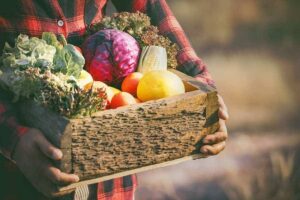
What about foods not on either list? Read labels and use good judgment. When in doubt, go organic when your budget allows (and maybe even grow some of your own veggies!).
Want the Dirty Dozen and Clean 15 lists handy when you're shopping at the grocery store? Grab my convenient Wallet Cards, for free!
Read Next: What Does ORGANIC Mean? Should I Pay More For It, Or Not?

Disclosure: This post may contain affiliate links that help support the GSG mission without costing you extra. I recommend only companies and products that I use myself.
Disclosure: This post may contain affiliate links that help support the GSG mission without costing you extra. I recommend only companies and products that I use myself.
Posted in: Preparedness, Videos


